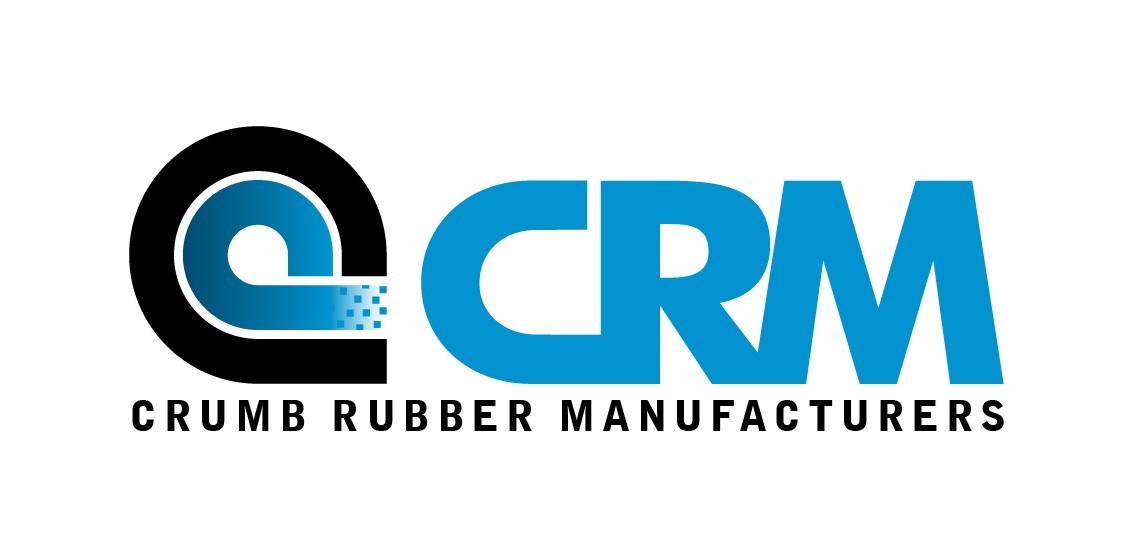During Tyre and Rubber recycling’s interview with Barry Takalou of CRM last October, we discussed, but for a number of reasons did not report upon, the issue of CRM’s corporate feelings about Tyre Stewardship British Columbia (TSBC).
Legal Battle Based on Supposed Tyre Monopoly
That story has now come to fruition and in late March, CRM decided to take the British Columbia minister of environment and director of waste management to court, claiming the B.C. government wrongfully awarded a monopoly over tyre recycling to the industry association Tire Stewardship BC (TSBC).
CRM Inc., which recycles used tyres for asphalt, sports tracks and playground mulch, filed a petition in BC Supreme Court on March 23 seeking to quash a 2012 decision of the province’s waste management director approving Tire Stewardship’s “product stewardship plan.”
Crumb claims it was wrongfully rejected as an approved processor under the plan, which it equates to “a government sanctioned or approved industry monopoly over the processing of used tyres, limited to two participants, who extract exorbitant rates from the public, while at the same time not operating in an environmentally sound manner.”
The reality is that Western Rubber products is the main supplier to the second operator, Lehigh Northwest Cement. Though they are not named as respondents in the petition, CRM claims Tire Stewardship’s “de facto monopoly has been used by TSBC to promote the economic interests of Western Rubber and Lehigh Cement, to the detriment of B.C. consumers and the public interest.”
CRM’s petition outlines how it made its case for approval, including a commitment to build a tyre processing facility with a multimillion-dollar investment that, once finished, would create 40 to 50 full-time jobs. In addition, CRM says that the higher volume of processing capacity would lead to lower eco-fees for consumers.
“There is no legitimate evidence that the economics of the B.C. tyre recycling market would not support more than a single value-added tyre processor,” the petition states.
Moreover, the monopoly “has resulted in the unnecessary burning of tyres, which causes severe and unnecessary environmental damage” since burning tyres creates noxious and greenhouse gases.
CRM seeks to quash the regime for failing to provide it with a fair opportunity to enter the market.




















